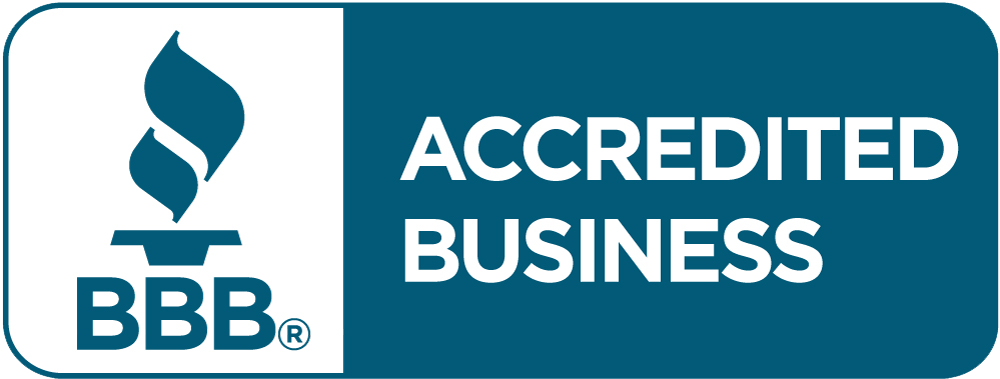
In a fast-paced business environment, everyone is susceptible to engaging with malicious emails. Whether due to hastily catching up on messages when running late or checking emails while fatigued at the end of the day, just one simple click can be the difference between leaking sensitive information and jeopardizing your business. The Cybersecurity and Infrastructure Security Agency (CISA) reports that 90% of cyber-attacks start with a phishing email. Furthermore, business email compromise (BEC), a specific type of phishing attack, has resulted in more than $40 billion in losses for organizations. Email phishing, a deceptive practice aimed at extracting sensitive information or installing malware, continues to be one of the most prevalent cybercrimes haunting the digital landscape. With its sophistication evolving alongside technological advancements, it is imperative for individuals and organizations alike to arm themselves with knowledge and vigilance to navigate through this treacherous web unscathed.
Understanding Email Phishing
At its core, email phishing operates on the principles of social engineering, leveraging psychological manipulation to exploit human vulnerabilities rather than technological ones. Phishers craft seemingly legitimate emails, often impersonating trusted entities such as banks, government agencies, or reputable companies, with the intent of tricking recipients to divulge confidential information like passwords, credit card numbers, or personal details.
Recognizing the Signs
Spotting a phishing email amidst the vast amount of messages inundating your inbox can be like finding a needle in a haystack. However, there are telltale signs that can tip you off to a potential phishing attempt:
1. Suspicious Sender Addresses: Pay close attention to email addresses, especially if they contain misspellings or unusual domains mimicking legitimate ones.
2. Urgency and Alarm: Phishing emails often employ fear tactics, coercing recipients to act hastily by threatening dire consequences or offering tantalizing rewards.
3. Request for Personal Information: Legitimate organizations typically refrain from soliciting sensitive information via email. Be wary of any message requesting such details.
4. Poor Grammar and Spelling: While not foolproof, grammatical errors and awkward phrasing can signal the fraudulent nature of an email.
Guarding Against Phishing Attacks
Armed with awareness, there are several proactive measures you can take to fortify your defenses against phishing attacks:
1. Verify the Sender: Before clicking on any links or responding to an email, verify the authenticity of the sender by cross-referencing with known contacts or directly contacting the organization through official channels.
2. Exercise Caution with Attachments and Links: Hover over links to reveal their true destinations before clicking, and refrain from downloading attachments from unfamiliar sources.
3. Stay Informed and Educated: Stay informed on the latest phishing techniques and trends through reputable sources and educate yourself and your peers on best practices for email security.
4. Filter Emails and Ensure your Employees are Educated on Email Phishing: Utilize the security features that TotalBC offers to protect against phishing attempts and allow TotalBC to train your employees with our email phishing training campaigns.
TotalBC's email filtering service utilizes advanced AI technology to automatically identify phishing emails. It also allows anyone within the organization to report suspicious emails to the administrator, resulting in the email being quarantined until it is either approved or denied. Additionally, our service includes phishing campaign training emails featuring multiple realistic phishing attempts, designed to educate employees. If an employee clicks on a training phishing email, they are redirected to a mandatory phishing awareness training session to be completed within five days. Our filtering service also guards against impersonation attempts and scans all attachments and documents for malware.
Email phishing remains a serious threat in today's interconnected world, preying on the unsuspecting and the unwary with alarming efficiency. However, with a combination of vigilance, education, and technological safeguards, individuals and organizations can form barriers against this form of attack. By fostering a culture of cyber resilience and adopting a proactive stance towards email security, we can navigate the digital landscape with confidence, safeguarding our personal and professional interests from the clutches of cybercriminals.
Trust our safety experts at TotalBC to protect your business from phishing attacks. Click here and schedule a call with our team today to learn more, or for immediate assistance, call our office at 866-673-8682.



